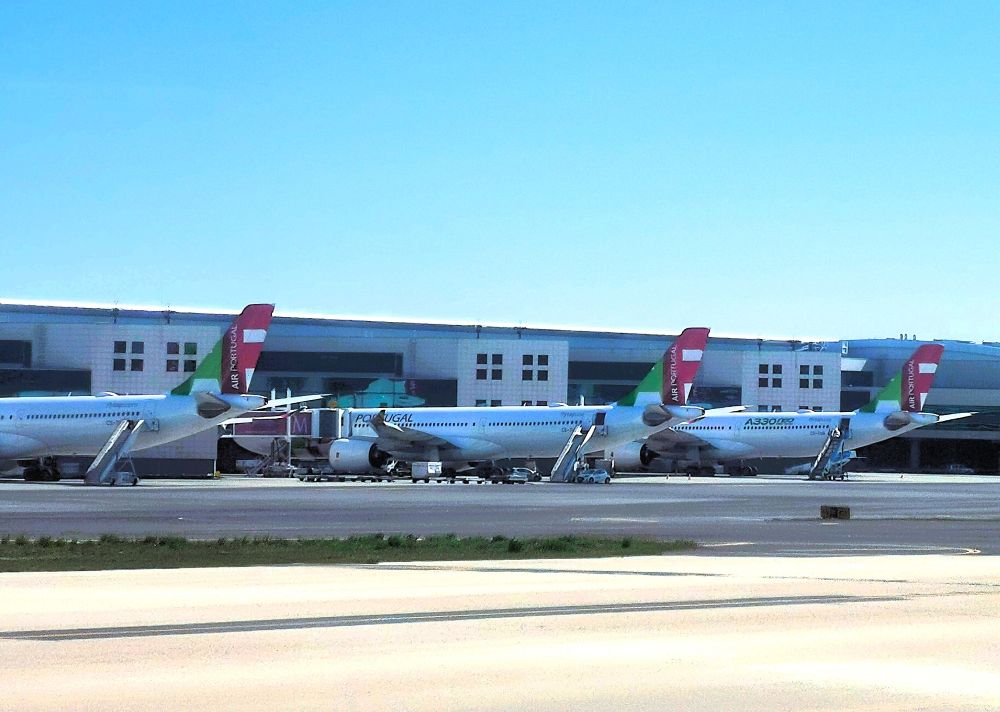This is a crisis

And a bit of superficial action – like plastic or towels is simply trying to empty the sea with a teaspoon
We have now entered an age of environmental breakdown where our life-sustaining biodiversity is rapidly being destroyed. We are now in a new domain of risk where we are seeing risk of the collapse of key social and economic systems, forced immigration and conflict. Where the poor will suffer most.
A sustainable and just transformational change is required – not tokenism.
The latest report on climate change from the Institute for Public Policy and Research outlines the scale of the problem:
We have entered an age of environmental breakdown:
Negative human impacts on the environment go ‘beyond’ climate change to encompass most other natural systems, driving a complex, dynamic process of environmental destabilisation that has reached critical levels.
This destabilisation is occurring at speeds unprecedented in human history and, in some cases, over billions of years. For example:
- global vertebrate populations have fallen by 60 per cent since the 1970s
- topsoil is now being lost 10 to 40 times faster than it is being replenished by natural processes, and, since the mid-20th century, 30 per cent of the world’s arable land has become unproductive due to erosion
- the UK is also experiencing environmental destabilisation, and is described as one of the "most nature-depleted countries in the world".
- Though there is uncertainty as to how this process will unfold – ranging from linear change to abrupt, potentially catastrophic non-linear events – the extent, severity, pace and closing window of opportunity to avoid potentially catastrophic outcomes has led many scientists to conclude that we have entered a new era of rapid environmental change. We define this as the ‘age of environmental breakdown’ to better highlight the severity of environmental destabilisation resulting from aggregate human activity.
A new domain of risk:
The consequences of the age of environmental breakdown on societies and economies are more serious than is recognised by mainstream political and policy debates.
As complex natural systems become more destabilised, the consequences of this destabilisation – from extreme weather to soil infertility – will impact human systems from local to global levels, interacting with existing social and economic trends such as inequality, compounding them. This process is already underway, damaging human health and driving forced migration and conflict around the world, and is set to accelerate as breakdown increases.
All in all, a new, highly complex and destabilised ‘domain of risk’ is emerging – which includes the risk of the collapse of key social and economic systems, at local and potentially even global levels. This new risk domain affects virtually all areas of policy and politics, and
it is doubtful that societies around the world are adequately prepared to manage this risk.
Due to the high levels of complexity, the scale of breakdown and systemic nature of the problem, responding to the age of environmental breakdown may be the greatest challenge that humans have faced in their history.
A transformational response is required:
The consequences of environmental breakdown will fall hardest on the poorest, who are most vulnerable to its effects and least responsible for the problem. It is estimated that
the poorest half of the global population are responsible for around 10 per cent of yearly global greenhouse gas emissions, with half of emissions attributed to the richest 10 per cent of people. In the UK, per capita emissions of the wealthiest 10 per cent are up to five times higher than those of the bottom half. In addition, environmental breakdown interacts with other inequalities, such as class, ethnicity and gender. This makes environmental breakdown a fundamental issue of justice.
Environmental breakdown is a result of the structures and dynamics of social and economic systems, which drive unsustainable human impacts on the environment. While providing high living standards to many people, these systems fail to provide for all, and by driving environmental breakdown, these systems are eroding the conditions upon which human needs can be met at all. In response, two overall socioeconomic transformations are needed, to make societies:
- sustainable and just: bring human activity to within environmentally sustainable limits while tackling inequalities and providing a high quality life to all
- prepared: increased levels of resilience to the impacts of environmental breakdown resulting from past and any future activity, covering all areas of society, including infrastructure, markets, political processes, social cohesion and global cooperation.
Read the whole report HERE
Valere Tjolle
I WANT YOU TO PANIC – SEE VIDEO HERE OF 16 YEAR OLD TELLING THE DAVOS AUDIENCE WHAT TO DO
Valere
Have your say Cancel reply
Subscribe/Login to Travel Mole Newsletter
Travel Mole Newsletter is a subscriber only travel trade news publication. If you are receiving this message, simply enter your email address to sign in or register if you are not. In order to display the B2B travel content that meets your business needs, we need to know who are and what are your business needs. ITR is free to our subscribers.









































Airlines suspend Madagascar services following unrest and army revolt
Airbnb eyes a loyalty program but details remain under wraps
Qatar Airways offers flexible payment options for European travellers
Air Mauritius reduces frequencies to Europe and Asia for the holiday season
Major rail disruptions around and in Berlin until early 2026